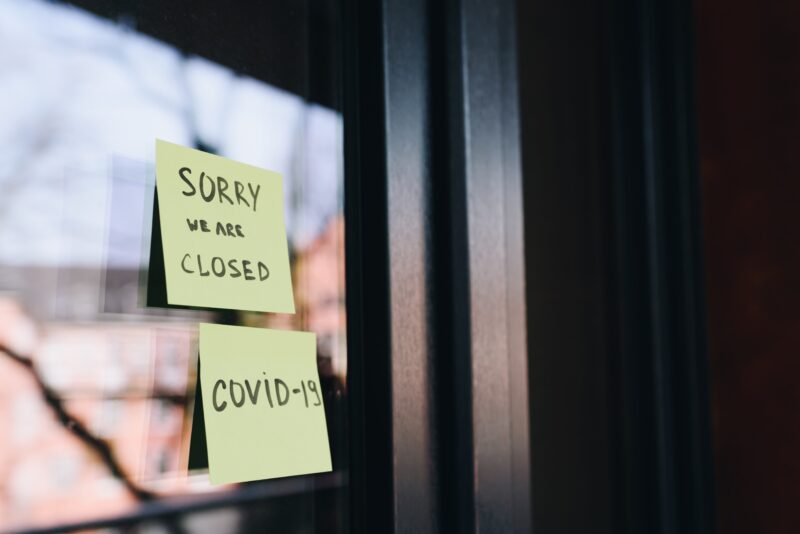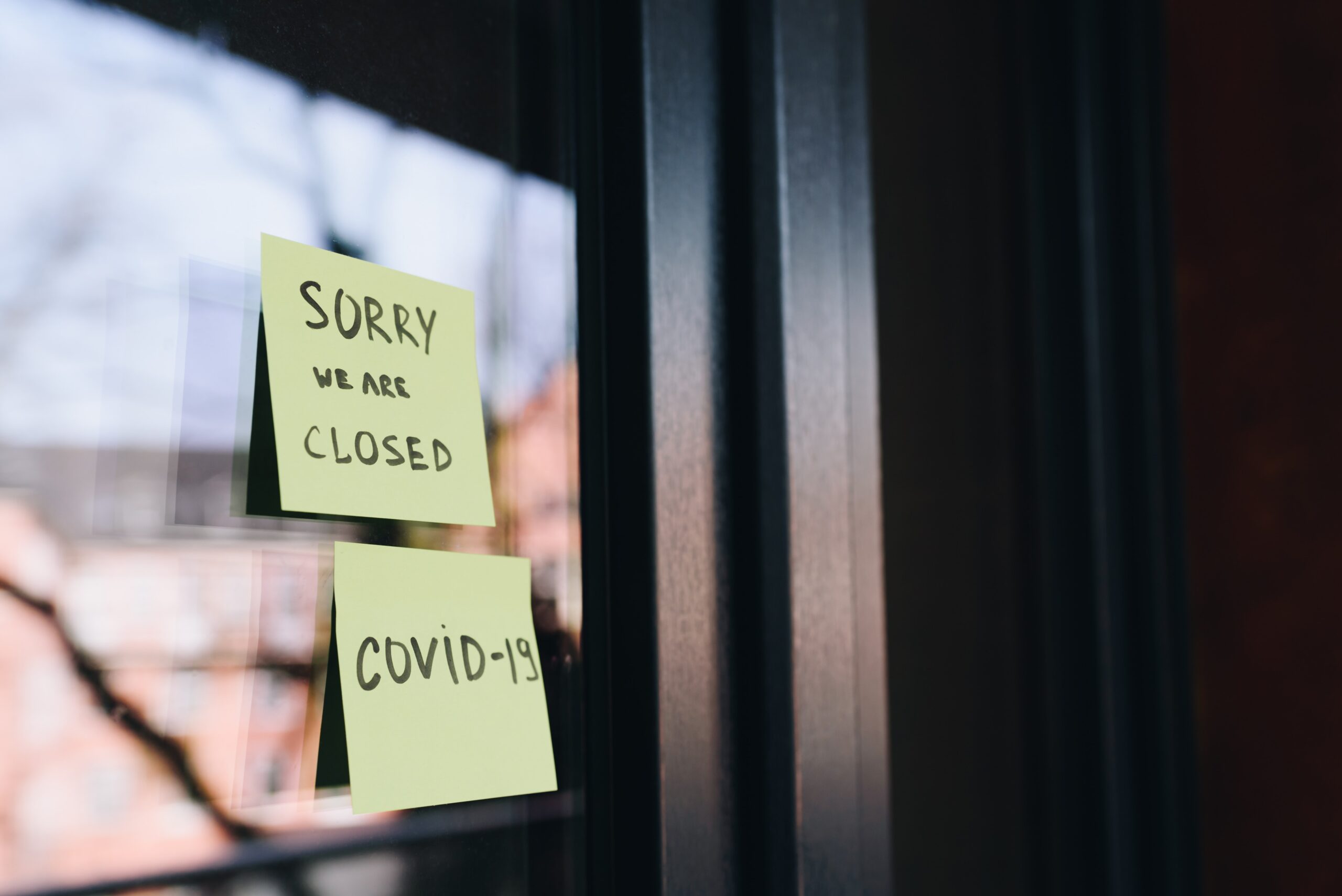Starting off 2020, we were on our way to finishing up our first Buy and Hold rental process in Fayetteville, NC. We found a great set of tenants through our interviewing and screening process before moving to the final step which was the refinance. We pull out most of our cash or personal risk and positioned ourselves for the next deal.

Truth be told, it didn’t take long. In fact, my next deal popped up while at work…so not the MLS. A colleague was set to retire and had a thorn of a rental property and after a quick look at the numbers and the property I knew it was time to roll into our next deal. My first phone call was to my lender, at this point, she recognized my number and voice from the REFI on our Candlewood Project. The lender was on board, full steam ahead!
That was early March and as most people know the stock market crashed around March 23rd when lock-downs and social distancing became a norm. Little did I know, but the bullish run of the Real Estate Market post 2008 recession came to a screeching halt.

My first of many emails and phone calls from my lender among others, “I’m sorry to inform you, but we are currently pausing all of our new loan products at this time due to market instability, we will be in contact with you as soon as these products resume.”
-mortgage broker
When I received that first email/correspondence from my awesome point of contact at Finance of America Commercial (FoAC), I could tell there was utter frustration on their end. We ordered and completed the appraisal and everything came in with no issues and all signs pointed to a smooth 30-day closing. The COVID-19 hit the US and Global Economy so hard that non-agency lending ceased. That means if a mortgage wasn’t backed by Fannie Mae or Freddie Mac, commercial lenders stopped.

This bleeds into a much discussed debate, what is better for purchasing? A LLC or in your personal name. When we started Dogwood Crest Innovations, LLC we chose the LLC for many reasons: separate from our personal finances, added layer of personal liability protection, clearer finances for involving personal lenders, and most of all because of the huge tax breaks involved. The pandemic exposed a major shortfall in lending through an LLC, that asset-based lending used for this entity is higher risk, higher interest rates, and overall not appealing to secondary mortgage markets.
The secondary mortgage market is what allows mortgage brokers to offer your a product today and someone else the same product in any given month. They minimize their own capital and rely on others to buy the note. The secondary markets were established in the 1930s and are used to maintain lending baselines and competitive interest rates (Freddie Mac). You probably remember the movie, The Big Short, which was about the subprime mortgage crisis during 2008, well this all originated in these markets. These secondary markets froze in the commercial lending sector, but not for personal investments.
A personal investment is a rental property that any homeowner can apply for in which the property is in their name, but is NOT their primary home. How is this different then being a buy and hold investor focused on Single Family Homes? The entity…A personal loan is through a person or married couple…LLCs can not apply for agency style loans, i.e. Fannie Mae/Freddie Mac.
So what’s the plan now since commercial lenders stopped lending for rental properties? How does this affect REFI even if we are able to purchase the property?

After hours of research, calling, and emailing every person or lender I knew, I broke down and reached out for hard money. Mind you, I was still under contract, and thankfully the seller was a friend and understood the situation, plus I wasn’t willing to walk away from the deal. I found a lender that provided hard money in the form of Bridge Loans to investors.
Mind you, for a typical commercial loan, I would pay about 5.15% interest on a 30 year note (my personal mortgage is closer to 3.75%). Remember interest is based on RISK or LEVERAGE for the lender. The bridge loan was packaged for either 12 months or 24 months of interest only payments and a balloon payment at the end. As the investor, I have no prepayment penalty which is ideal, and I can extend the period for 6 months at a penalty of 1% so $1,000 on a $100,000 loan.

I pulled the trigger on the bridge loan, it took about 14 days to close with a minor inconvenience of paying an additional $300 for a Nationally Accredited inspection. They wouldn’t honor my previously completed Appraisal by a Regionally Accredited Appraiser. Regardless, The lender told me the Appraisal report was on point.
During this period, expect lenders to require more documentation, more cash reserves, and in this case the lender wanted me to prove I was able to cover the purchase up to 100%. Up to this point, my experience is typically 20-25% down payment + closing costs + up to 6 month cash reserves. Of course, my disclosed exit strategy for the bridge loan is an equity REFI. Our plan for now is counting on commercial 30 year loans reemerging for investors. If not the personal agency loan equity refinance is always an option.
